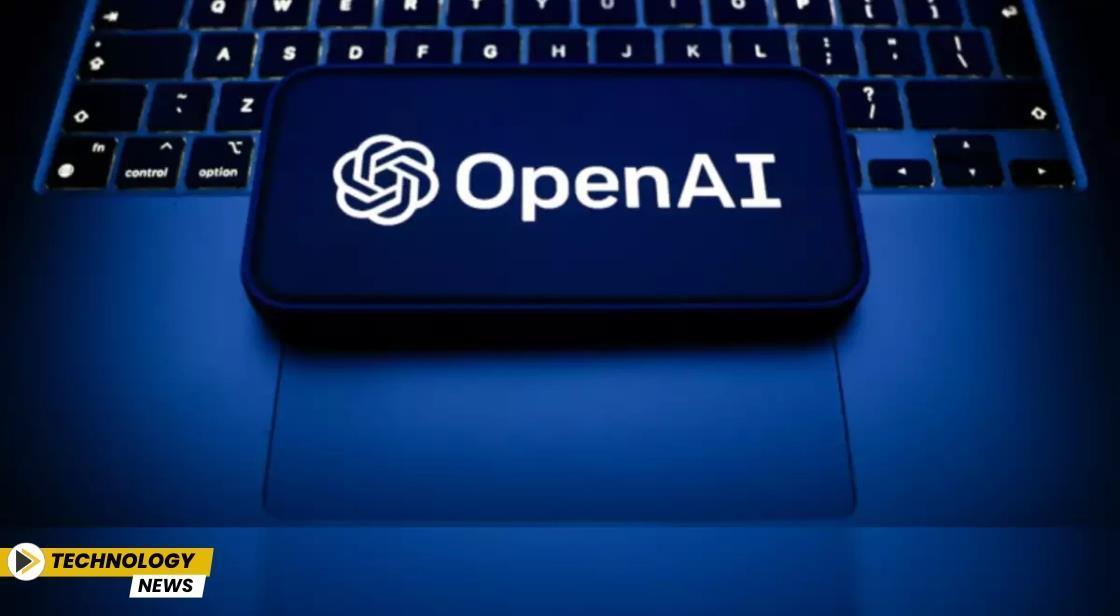OpenAI Teams Up with Broadcom to Develop Custom AI Chips

News Synopsis
OpenAI has announced a strategic collaboration with chipmaker Broadcom to design its own custom artificial intelligence (AI) chips, marking a significant move toward owning specialized hardware to power its AI models. The companies plan to deploy these AI accelerators in late 2026, reinforcing OpenAI’s efforts to scale its infrastructure and maintain a competitive edge in the AI sector.
OpenAI and Broadcom Partnership Overview
The partnership between OpenAI and Broadcom, both based in California, focuses on creating racks of customized AI accelerators to optimize AI computing workloads. While financial details of the agreement remain undisclosed, the collaboration highlights OpenAI’s push to control its own AI hardware, reducing dependency on third-party suppliers.
This deal comes amid OpenAI’s recent collaborations with Nvidia and AMD, which supply specialized chips for its AI systems. OpenAI has also partnered with Oracle, CoreWeave, and other companies that build the data centers needed to host its expanding AI infrastructure.
Circular Financing and Industry Concerns
Many of OpenAI’s recent deals involve circular financing, where companies simultaneously invest in OpenAI and provide it with essential technology. This model has raised questions about a potential AI investment bubble, as OpenAI continues to report rapid user growth but is not yet profitable.
-
OpenAI currently boasts over 800 million weekly users across its AI products.
-
Analyst Gil Luria of D.A. Davidson cautions that while the custom chip initiative is genuine, the scale of financial commitments—approaching $1 trillion—far exceeds the company’s current revenue of $15 billion.
Custom Chip Development: Work in Progress
OpenAI CEO Sam Altman revealed that the project with Broadcom has been underway for approximately 18 months. Broadcom, a major player in semiconductors, also works with tech giants like Amazon and Google on AI chip development.
Altman highlighted the scale of computing infrastructure the chips will enable, estimating the deployment will reach 10 gigawatts of computing power. He described this as “a gigantic amount of computing infrastructure to serve the needs of the world to use advanced intelligence.”
Strategic Significance
The development of custom AI chips allows OpenAI to:
-
Control its technology stack and reduce reliance on external hardware providers.
-
Optimize AI model performance for efficiency and speed.
-
Scale operations in line with increasing global AI demand.
Broadcom CEO Hock Tan emphasized that as OpenAI develops more advanced models, the need for high-performance computing capacity becomes critical. He stated, “If you do your own chips, you control your destiny,” highlighting the strategic advantage of proprietary AI hardware.
Market Reaction
The announcement had an immediate impact on the market:
-
Broadcom shares surged over 9% following the news.
-
Investors responded positively to the prospect of collaboration with a leading AI company poised for continued expansion.
The deal demonstrates confidence in the growth of AI infrastructure, as well as the potential financial upside for chip manufacturers and AI startups involved in the sector.
Future Outlook
OpenAI’s partnership with Broadcom reflects a broader industry trend where AI companies increasingly seek custom hardware solutions to meet escalating demands:
-
AI models are growing larger and more computationally intensive.
-
Ownership of hardware infrastructure provides a competitive edge in efficiency, performance, and scalability.
As OpenAI progresses toward more advanced AI systems, including frontier models and eventual aspirations toward superintelligence, controlling its own chip design could play a critical role in shaping the future of AI deployment.
Conclusion
OpenAI’s collaboration with Broadcom represents a strategic milestone in the AI industry, emphasizing the importance of proprietary hardware in supporting high-demand AI applications. By developing custom AI chips, OpenAI aims to maintain control over its technology stack, enhance performance, and meet the growing global need for advanced AI computing infrastructure. The partnership also signals investor confidence in both companies, as the AI race accelerates globally.
You May Like









